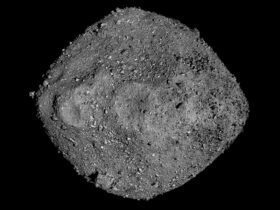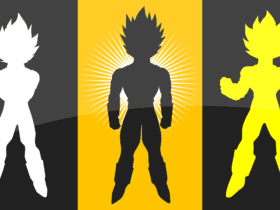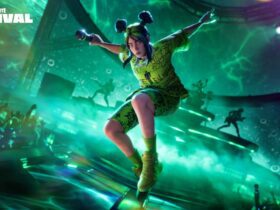Do you know how essential gravity is in the Universe? It acts as a peculiar ‘glue,’ that ties everything together strangely yet fascinating. We can also use gravity to spot distant cosmic features, an effect dubbed gravitational lensing predicted by Einstein.
Recent Hubble data, for instance, illustrates something like that best thanks to new data.
Here is what you need to know.
The Einstein Ring of the Universe
The Hubble Space Telescope captured quite the phenomenon that’ll leave you in awe. As you can see below, there’s a shiny, near-perfect ring spiraling around two more points with a fantastic golden glow:

The phenomenon is called an Einstein ring. The bright little dots you see are three galaxies: one quasar and two galaxies in the center of the ring. You can also notice that the light is somehow distorted and magnified.
Einstein ring features
The mass of the two galaxies is massive, triggering a gravitational curvature of space-time around the duo. Such a thing is genuinely intriguing. But, there’s more than that.
According to astronomers, any light that travels through that space-time loop adopts that curvature, and a space telescope like Hubble, can capture it. However, the result can be a bit distorted and smeared but also magnified.
How’s that useful?
As it turns out, anything with enough mass can behave as a gravitational lens. Astronomers can use that to see into deep space in much finer detail and spot distant galaxies.
Here’s how astronomers detected black holes via gravitational microlensing:
Gravitational lensing, also known as microlensing, can guide astronomers to detect cosmic objects within our galaxy.
So far, we’ve captured rogue exoplanets from the magnification that happens when such exoplanets pass between Earth and distant stars.
If you think about it, everything is a bit wild, especially because the Universe is full of surprises.












Leave a Reply